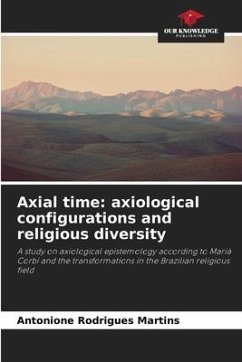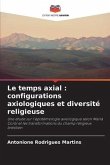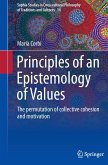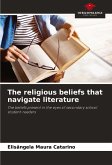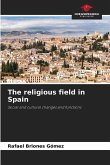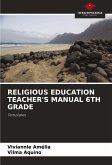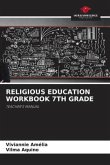As formulated by Marià Corbí, the force of the axiological transformations would have promoted a specific form of action of the religious traditions in the face of the new model of society. In the same way, the change in the axiological axis would imply changes in the political, economic and social spheres. This book seeks through a dialogue with the thinker Marià Corbí, who deals with the alterations in the axiological charge that guide society, to verify the applicability of his hypothesis in the Brazilian religious scenario. Thus, through a reading of the IBGE census data, referring to the category religion, the research identifies a correlation between the changes in the Brazilian religious field and the new value systems.Based on a grouping, verification of the census data and analysis of Corbí's premise, the work presents the configurations that religious forms assume in Brazilian society. With this, the present investigation defines the transformations in the Brazilian religious field, seeking to characterize such alterations as a process of diversity and/or decline of the religious presence in Brazilian society.
Bitte wählen Sie Ihr Anliegen aus.
Rechnungen
Retourenschein anfordern
Bestellstatus
Storno

